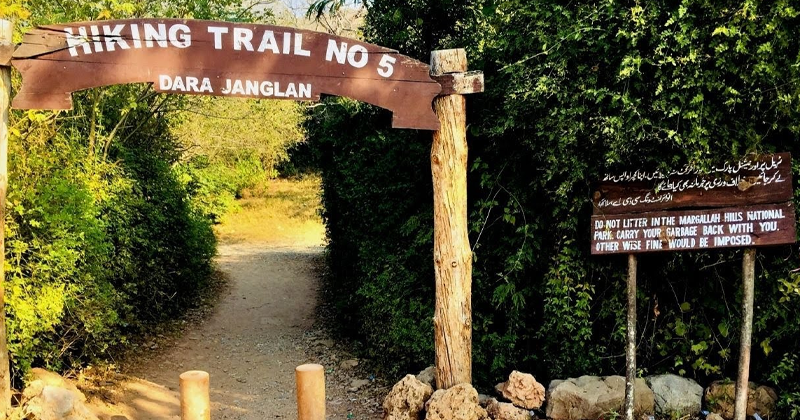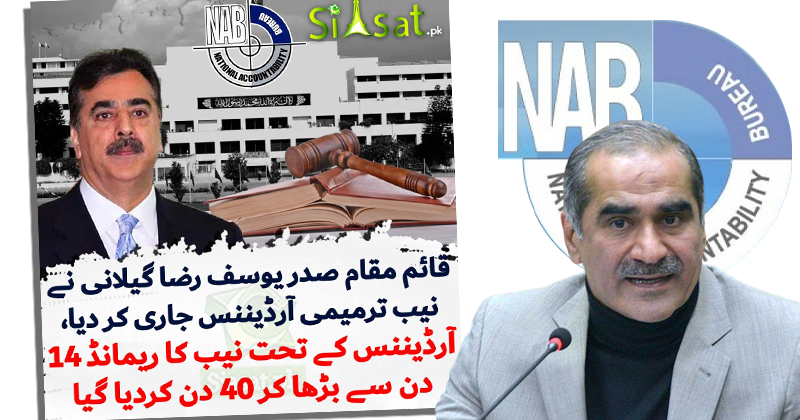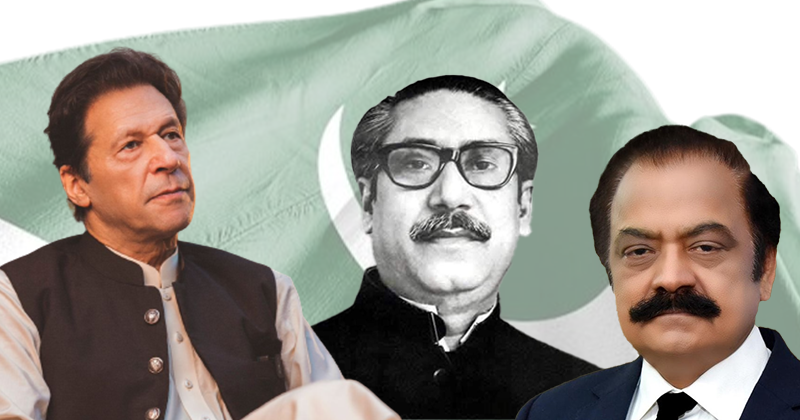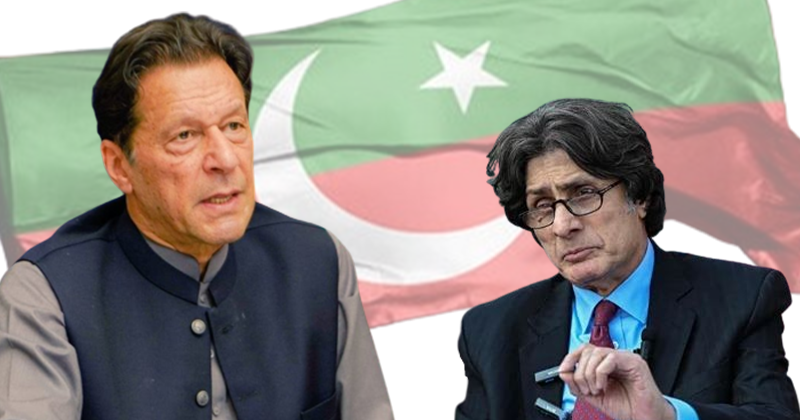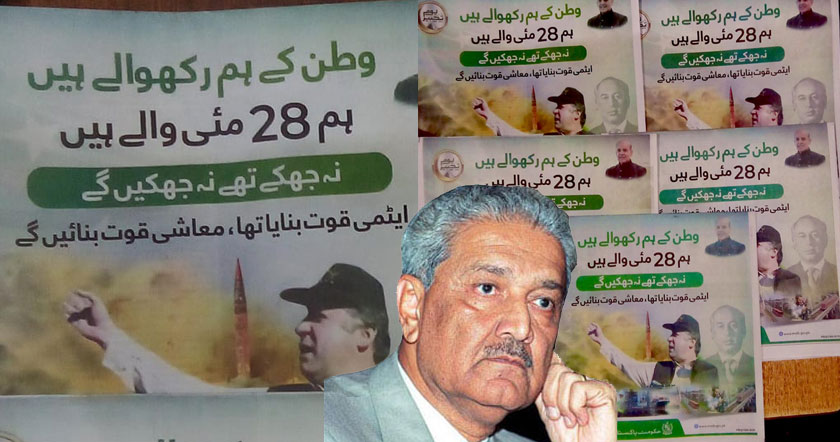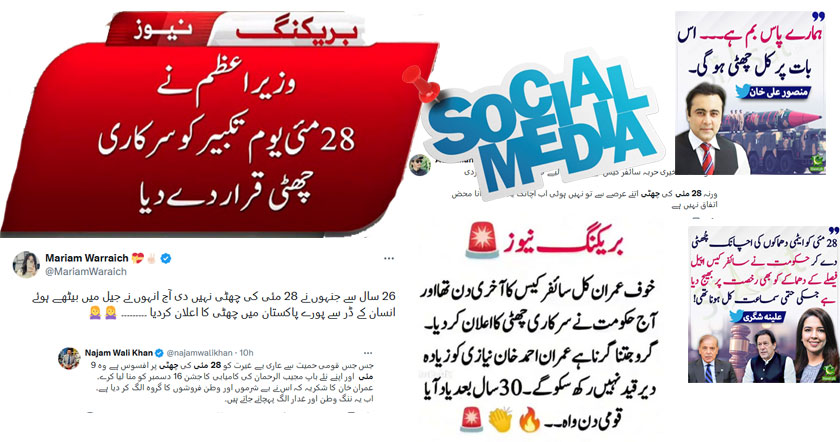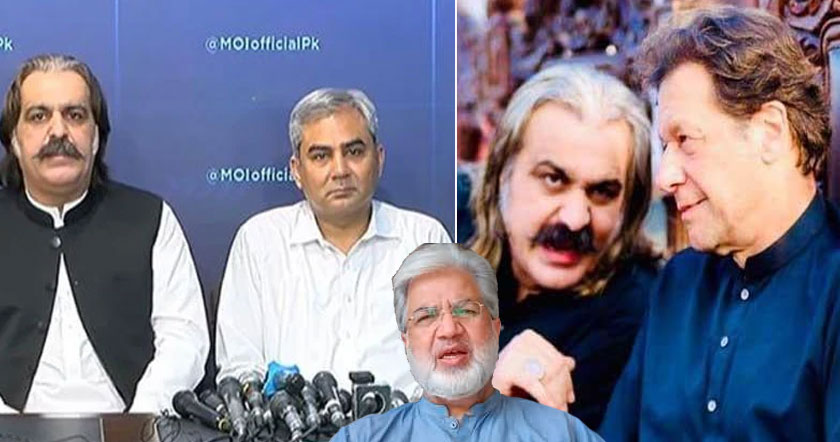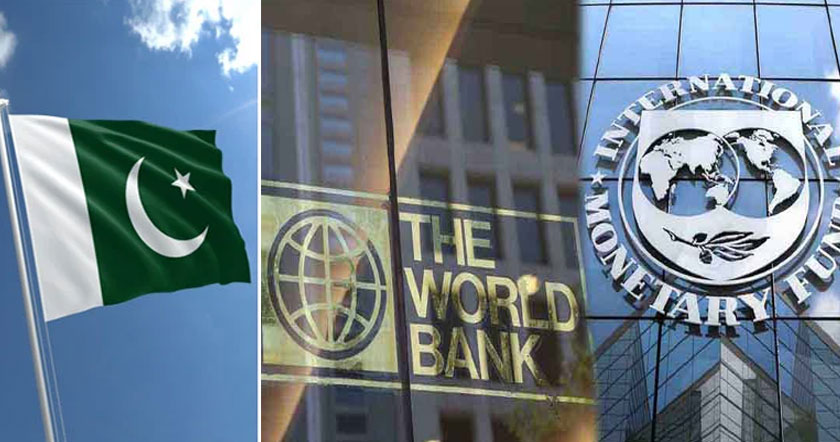Nuclear Hypocrisy Exposed, Zafar Bangash, Reflections
International conferences are useful only if they are guided by honesty and transparency. Two conferences last month on nuclear policy and weapons revealed the contrasting attitude of the US and Iran. The Washing-ton conference (April 1213) was hyped by the corporate media as the most important gathering after the 1945 conference to establish the United Nations. The Tehran conference (April 1718), International Disarmament and Non-proliferation: World Security without Weapons of Mass Destruction, was largely ignored by the same media. Both conferences were attended by representatives of nearly 60 countries. Interestingly, some countries sent delegates to both.
Prior to the conference, President Barack Obama had announced that the US would not be the first to use nuclear weapons except against Iran and North Korea. Neither was invited; nor was Syria, although baseless allegations were hurled at Tehran. On April 8, Obama signed an agreement with his Russian counterpart, Dmitry Medvedev to limit nuclear arsenals. Both acts were meant to boost Obamas image as peacemaker.
The publicly-stated objective of the Washington conference was to collect all loose nuclear material from around the world, and to prevent such material from falling into the hands of terrorists. The hidden US agenda was to line up countries against Iran to impose even stiffer sanctions in order to pave the way for a military strike.
Israeli Prime Minister Netanyahu refused to attend because he opposes the US proposal for a Fissile Material Cutoff Treaty. The Israeli nuclear arsenal, estimated at between 200 to 500 weapons, is enough to destroy every country in the Middle East and South Asia yet this was not mentioned in Washington. Instead, the non-existent threat from terrorists who might grab loose nuclear material and explode a device in New York, London or Paris was talked up as part of the Wests campaign to whip up mass hysteria. On the eve of the US-NATO attack on Iraq in 2003, the mushroom cloud scenario was constantly hyped by British Prime Minister Tony Blair and US Secretary of State Condoleezza Rice. Similar rhetoric is being used today against Iran.
The theme at the Tehran conference, Nuclear Energy for All, Nuclear Weapons for None, was a direct challenge to US hypocrisy over the nuclear issue. Iranian President Mahmoud Ahmadinejad called for more rigorous action toward the elimination of all nuclear weapons, starting with the US nuclear arsenal. Iran has also argued that the chemical weapons convention determined such weapons should be destroyed but the US has chosen to ignore it. In his message to the conference, the Rahbar, Seyyed Ali Khamenei declared, Iran regards utilizing nuclear weapons as forbidden in Islam and it is incumbent on everyone to safeguard humanity from such weapons, while every nation is entitled to the peaceful use of this technology. He called the US the worlds only nuclear scofflaw for advocating arms control while maintaining a huge nuclear arsenal as well as supporting the Zionist State that possesses hundreds of nuclear weapons. Unlike Iran, Israel has refused to sign the Nuclear Nonproliferation Treaty (NPT).
The contrast between the two conferences could not be greater: in Washington, hypocrisy was evident throughout; in Tehran, there was a genuine desire to rid the world of nuclear weapons that threaten the safety and security of all mankind. Besides, the call by the US to eliminate nuclear weapons rang hollow since the US, Russia and Israel have taken no practical steps to realize this objective. Deeds not words would convince the world of Americas sincerity. The US is the only country in the world to have used atomic weapons on the hapless people of Hiroshima and Nagasaki
during the Second World War. Far from expressing remorse at such a crime, the US has continued to use depleted uranium shells in Iraq resulting in alarming increases in incidents of leukemia, especially among young children. Tens of thousands of babies are born with horrible deformities.
Obamas Washington nuclear conference also had another aim: to create consensus for the 2010 review conference on the Non-Proliferation Treaty that will be held at the UN in New York starting on May 1. The last NPT review conference ended in chaos when participating nations could not even agree on an agenda, primarily because the US refused to discuss its failure to reduce its nuclear arsenal while calling on others to eschew nuclear ambitions. Practical steps, not soaring rhetoric, will convince the world of US seriousness about nuclear disarmament. Until then, these conferences will be seen as venues for a lot of hot air.
Editorials, Zafar Bangash
International conferences are useful only if they are guided by honesty and transparency. Two conferences last month on nuclear policy and weapons revealed the contrasting attitude of the US and Iran. The Washing-ton conference (April 1213) was hyped by the corporate media as the most important gathering after the 1945 conference to establish the United Nations. The Tehran conference (April 1718), International Disarmament and Non-proliferation: World Security without Weapons of Mass Destruction, was largely ignored by the same media. Both conferences were attended by representatives of nearly 60 countries. Interestingly, some countries sent delegates to both.
Prior to the conference, President Barack Obama had announced that the US would not be the first to use nuclear weapons except against Iran and North Korea. Neither was invited; nor was Syria, although baseless allegations were hurled at Tehran. On April 8, Obama signed an agreement with his Russian counterpart, Dmitry Medvedev to limit nuclear arsenals. Both acts were meant to boost Obamas image as peacemaker.
The publicly-stated objective of the Washington conference was to collect all loose nuclear material from around the world, and to prevent such material from falling into the hands of terrorists. The hidden US agenda was to line up countries against Iran to impose even stiffer sanctions in order to pave the way for a military strike.
Israeli Prime Minister Netanyahu refused to attend because he opposes the US proposal for a Fissile Material Cutoff Treaty. The Israeli nuclear arsenal, estimated at between 200 to 500 weapons, is enough to destroy every country in the Middle East and South Asia yet this was not mentioned in Washington. Instead, the non-existent threat from terrorists who might grab loose nuclear material and explode a device in New York, London or Paris was talked up as part of the Wests campaign to whip up mass hysteria. On the eve of the US-NATO attack on Iraq in 2003, the mushroom cloud scenario was constantly hyped by British Prime Minister Tony Blair and US Secretary of State Condoleezza Rice. Similar rhetoric is being used today against Iran.
The theme at the Tehran conference, Nuclear Energy for All, Nuclear Weapons for None, was a direct challenge to US hypocrisy over the nuclear issue. Iranian President Mahmoud Ahmadinejad called for more rigorous action toward the elimination of all nuclear weapons, starting with the US nuclear arsenal. Iran has also argued that the chemical weapons convention determined such weapons should be destroyed but the US has chosen to ignore it. In his message to the conference, the Rahbar, Seyyed Ali Khamenei declared, Iran regards utilizing nuclear weapons as forbidden in Islam and it is incumbent on everyone to safeguard humanity from such weapons, while every nation is entitled to the peaceful use of this technology. He called the US the worlds only nuclear scofflaw for advocating arms control while maintaining a huge nuclear arsenal as well as supporting the Zionist State that possesses hundreds of nuclear weapons. Unlike Iran, Israel has refused to sign the Nuclear Nonproliferation Treaty (NPT).
The contrast between the two conferences could not be greater: in Washington, hypocrisy was evident throughout; in Tehran, there was a genuine desire to rid the world of nuclear weapons that threaten the safety and security of all mankind. Besides, the call by the US to eliminate nuclear weapons rang hollow since the US, Russia and Israel have taken no practical steps to realize this objective. Deeds not words would convince the world of Americas sincerity. The US is the only country in the world to have used atomic weapons on the hapless people of Hiroshima and Nagasaki
during the Second World War. Far from expressing remorse at such a crime, the US has continued to use depleted uranium shells in Iraq resulting in alarming increases in incidents of leukemia, especially among young children. Tens of thousands of babies are born with horrible deformities.
Obamas Washington nuclear conference also had another aim: to create consensus for the 2010 review conference on the Non-Proliferation Treaty that will be held at the UN in New York starting on May 1. The last NPT review conference ended in chaos when participating nations could not even agree on an agenda, primarily because the US refused to discuss its failure to reduce its nuclear arsenal while calling on others to eschew nuclear ambitions. Practical steps, not soaring rhetoric, will convince the world of US seriousness about nuclear disarmament. Until then, these conferences will be seen as venues for a lot of hot air.
Editorials, Zafar Bangash




























